Voice ‘radicals’ land fatal blow to referendum hopes
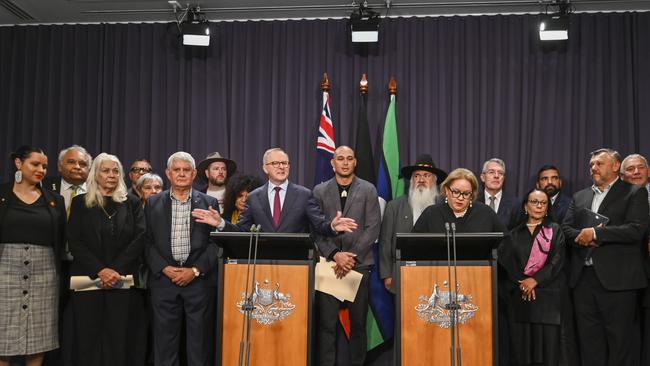
It puts the final bullet through the head of the referendum. The Prime Minister’s performance had been advertised as the act of a statesman to resolve differences over the wording between Indigenous leaders and constitutional conservatives.
The concern of conservatives was that the untrammelled ability of the voice to make constitutional representations to “the executive government” would hogtie government decision-making in webs of legal challenge.
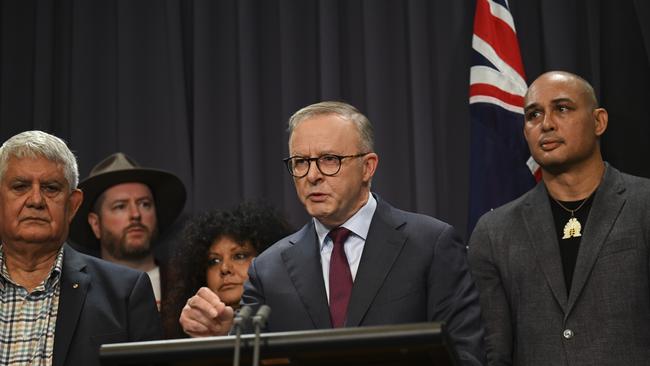
Attorney-General Mark Dreyfus clearly had engaged with this view, as he proposed extra words allowing parliament to limit the legal effect of these representations. Solicitor-General Stephen Donaghue presumably was on board, as he was wheeled into the Indigenous Referendum Working Group to discuss the Dreyfus position.
In light of all this legal artillery, it was widely anticipated the government would attempt some sort of constitutional compromise.
Not a bit of it.
Despite a slight reordering, the clauses roll forward without relevant change. The right of the voice to mesh the executive government in complication and litigation, from decisions about nuclear submarines to the location of lighthouses is, unchanged. As fully intended by the radical members of the Referendum Working Group, frustrating legal challenges will multiply like cockroaches.

So attempts to characterise the latest revelations as an exercise in consensus is a joke in bad taste. So are Albanese’s recent calls for bipartisanship and co-operation.
He knows perfectly well that tying himself to the propounded wording makes it inevitable Peter Dutton and his Coalition will oppose the referendum. As a matter of liberal principle, Dutton must grant a conscience vote, but any hope he will move softly and quietly on the referendum is surely gone.
Realistically, though, Dutton deserves significant responsibility for Albanese’s basket of blunders. He gave no assistance to constitutional conservatives trying to negotiate a sensible outcome with the government. This especially was the case for heroic members of the Referendum Working Group who tried desperately to secure an outcome that was constitutionally and politically viable.
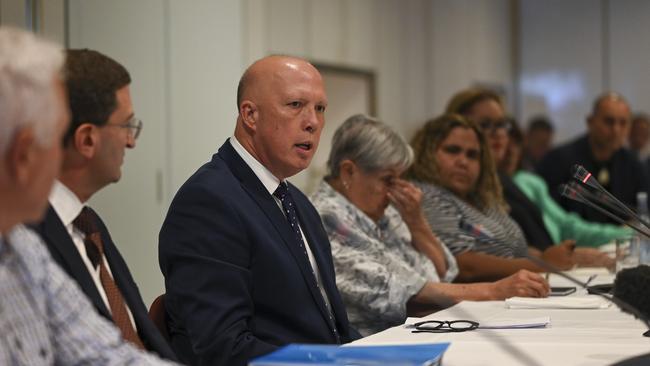
But without conservative political support and some chips to play, they were swamped by Indigenous radicals seeking their own place in history, alongside Albanese in his triumphal chariot. The problem is, with all this baggage, there will be no triumph and no podium.
The person who does deserve praise is Mark Dreyfus. He continually tried to keep a chaotic process on the rails, and at the end tried to secure a sensible product. But he was blocked by an overreaching Indigenous bloc.
Bizarrely, Thursday’s announcement actually produces an outcome much worse than it was a week ago. For the first time, cabinet has agreed to surround its proposal by “design principles”, announced by Albanese alongside his final draft.
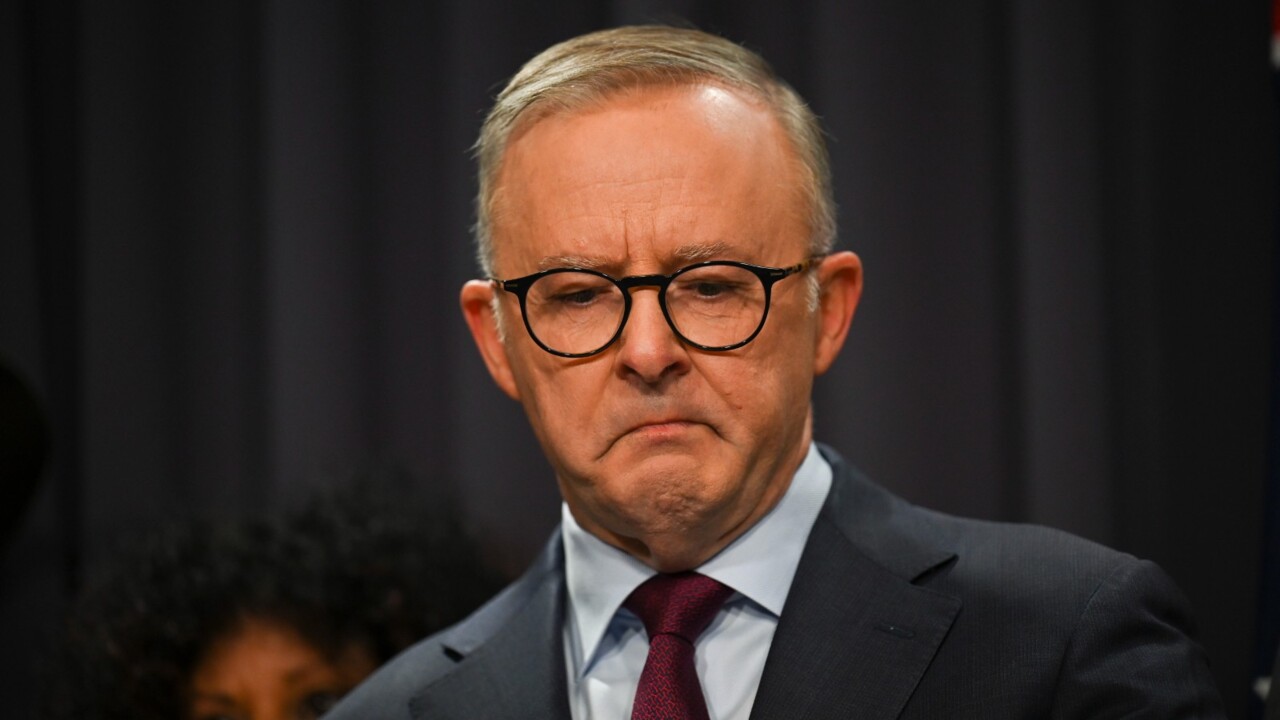
This is a strategy formulated by the same Indigenous radicals who have delivered constitutional disaster through the Referendum Working Group.
The idea is that instead of actual detail or architecture for the referendum, we are meant to be assuaged by motherhood statements so vague that they mean nothing. Look at Albanese’s enunciated principles: the voice will be proactive, representative, chosen by local communities, transparent and cooperative.
What on earth does this actually mean? It could cover any commonwealth body from the Australian Defence Force to the ABC.
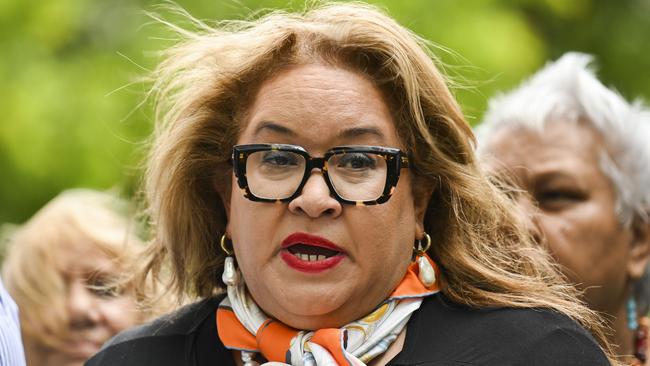
The idea of drafting principles only makes sense in the context of radical Indigenous aspirations. They are supported by Indigenous leaders who want to ensure the electorate has no idea what it is voting for, because it will be told good and hard after the referendum.
The standout is Megan Davis, the driving force behind the current fatally flawed proposal, and inevitable referendum defeat. A paper released by her Indigenous Law Centre at the University of NSW grimly outlines the process for designing the voice according to design principles.
Drawing on these vacuous values, exclusively Indigenous “Constitutional Conventions” will set detailed directions, which will then be minutely followed in the drafting process. Just the same opaque, privileged process we had leading up to the Albo words and subsequent revision.
The polls already show a sick referendum. It is now terminal.
Greg Craven is a constitutional lawyer and a member of the government’s constitutional expert group.

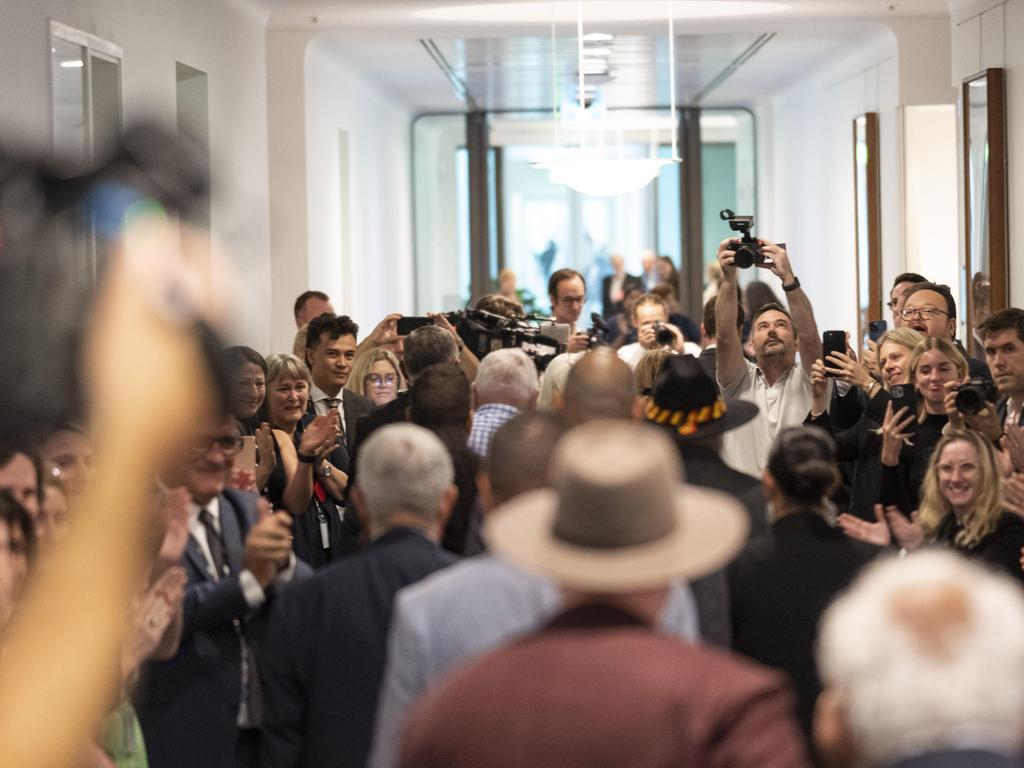
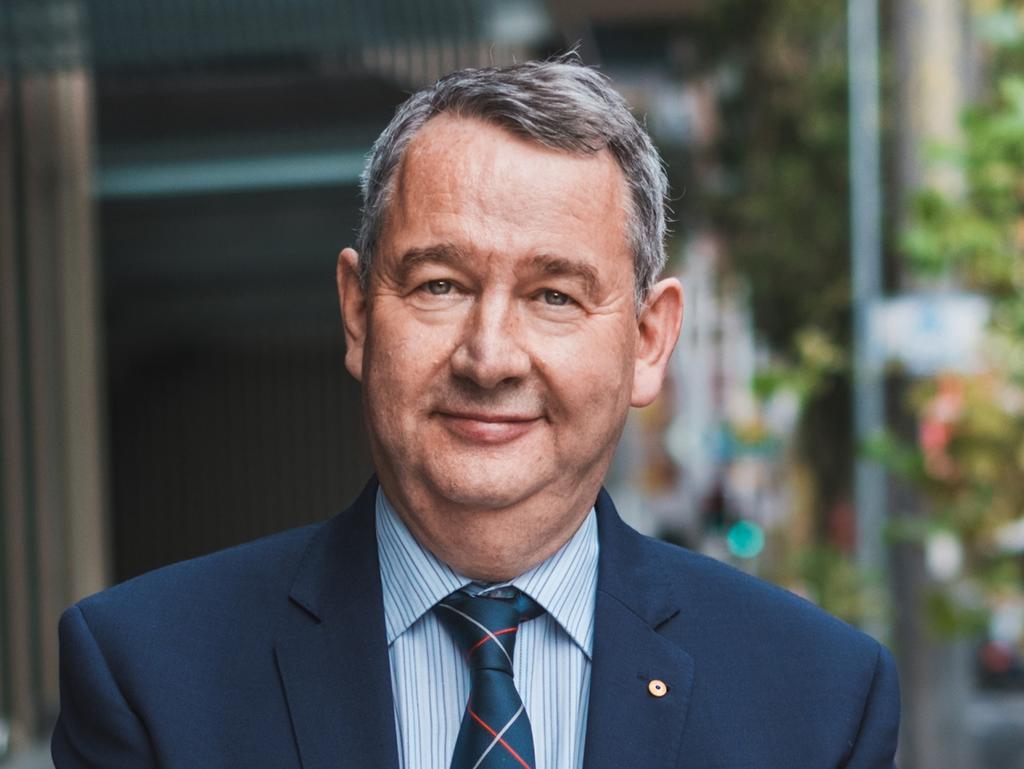
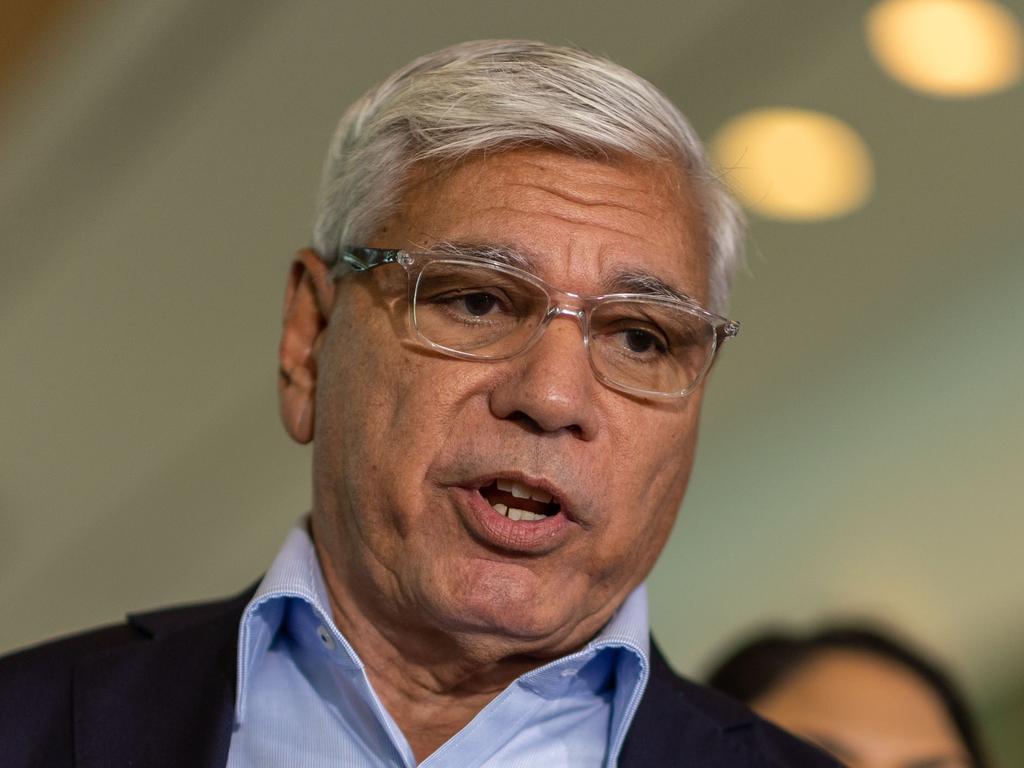
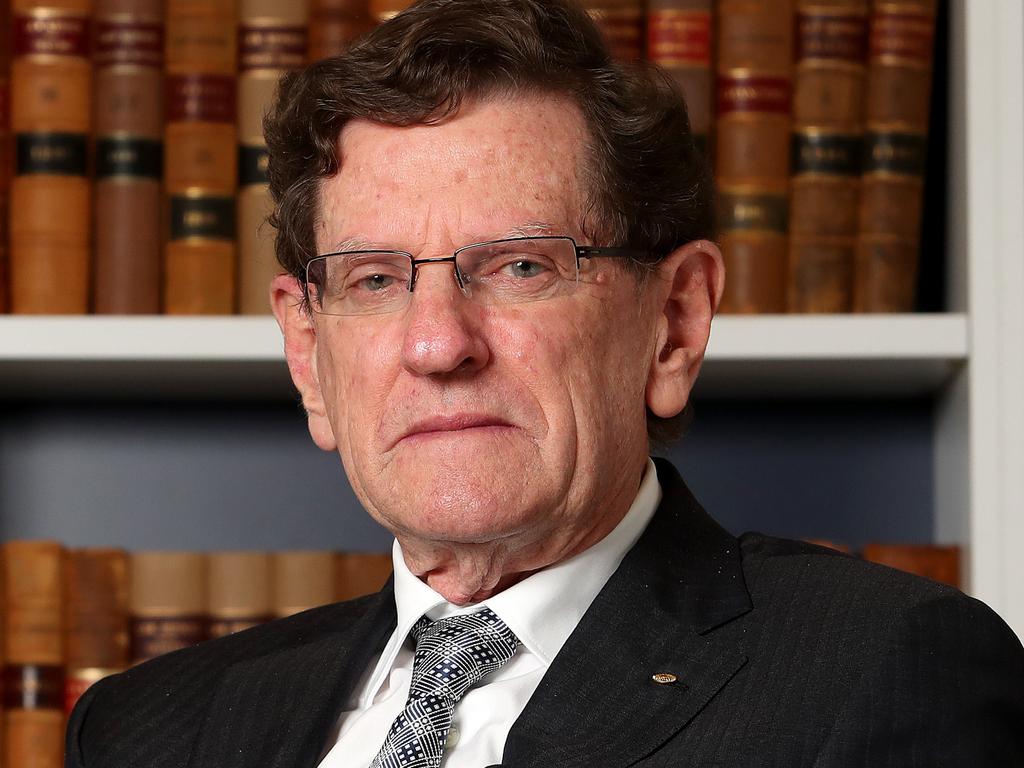
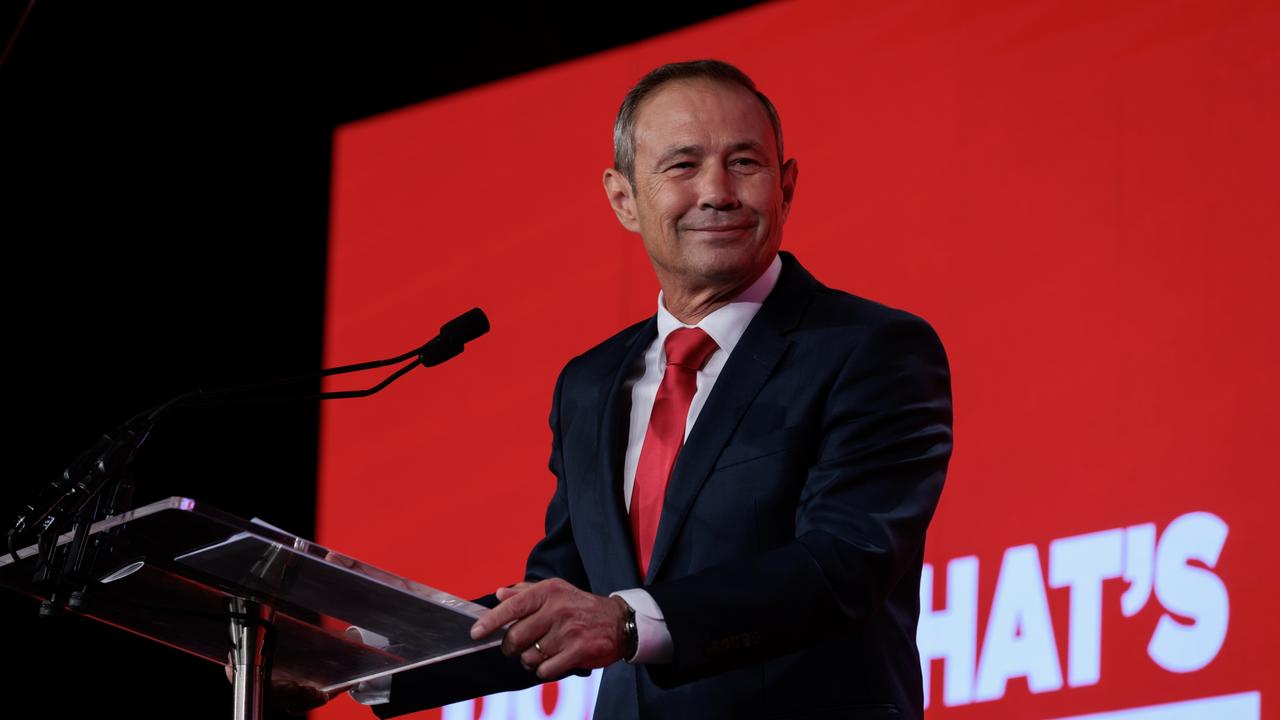
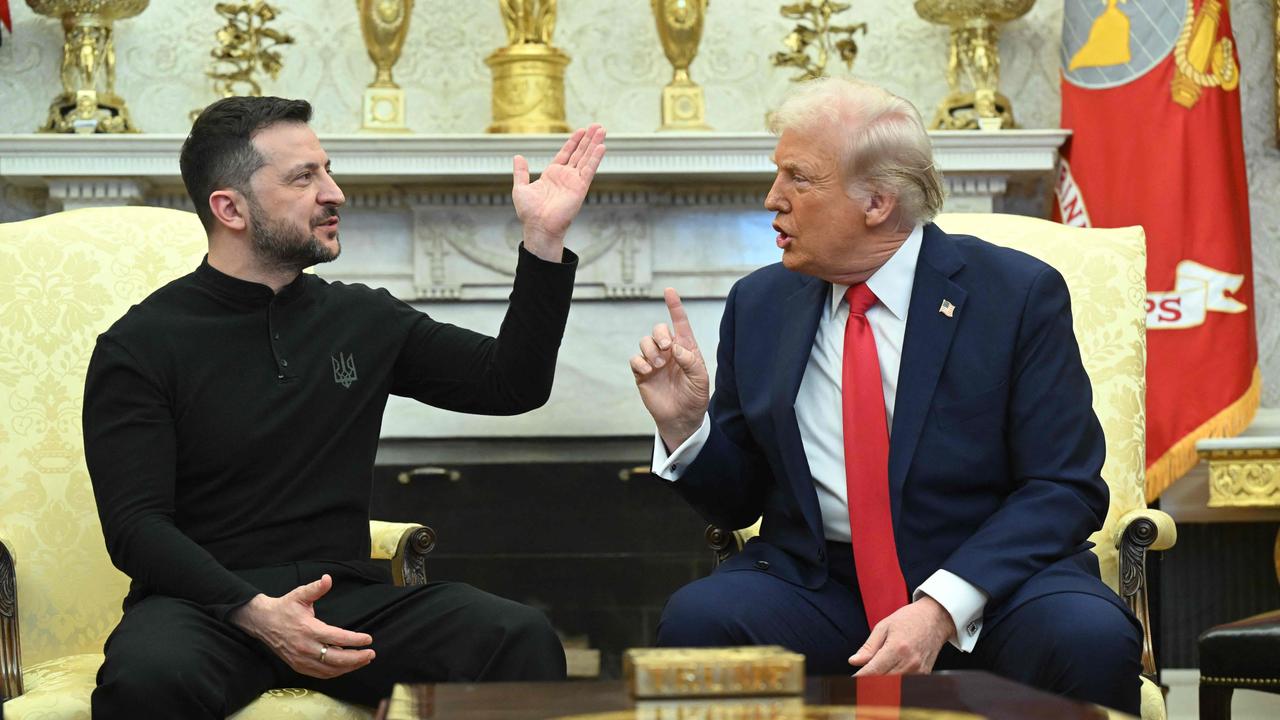
Anthony Albanese’s much-hyped revelation of his constitutional words for the voice is not a triumph of negotiation and conciliation. It is a ruthless con job. It is aimed at the Australian people as a whole and an adoring media barely literate in constitutional reality.